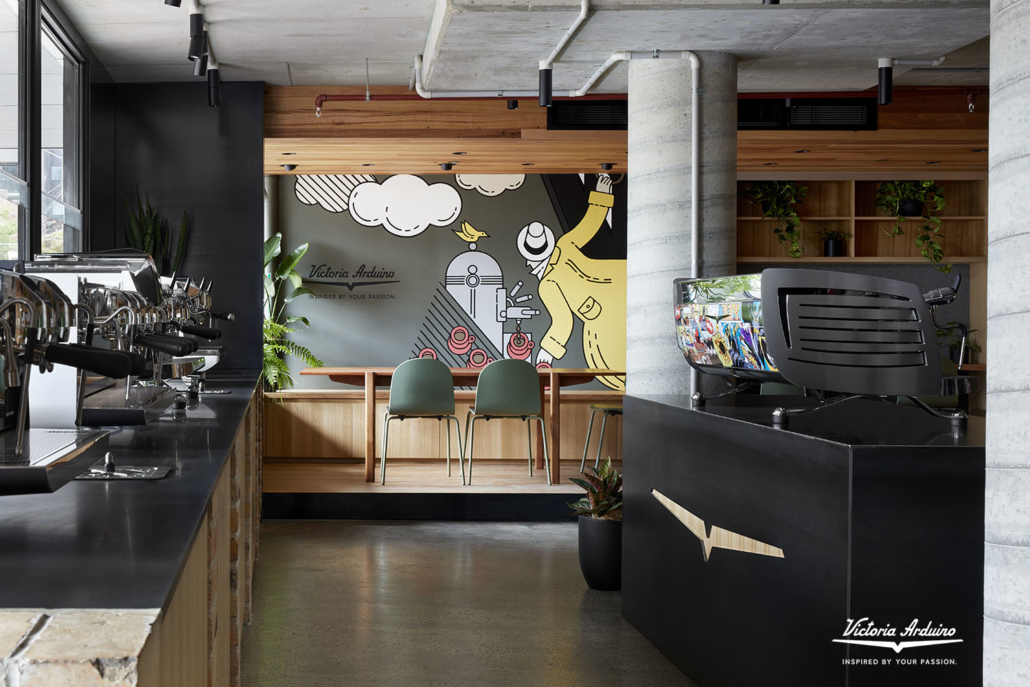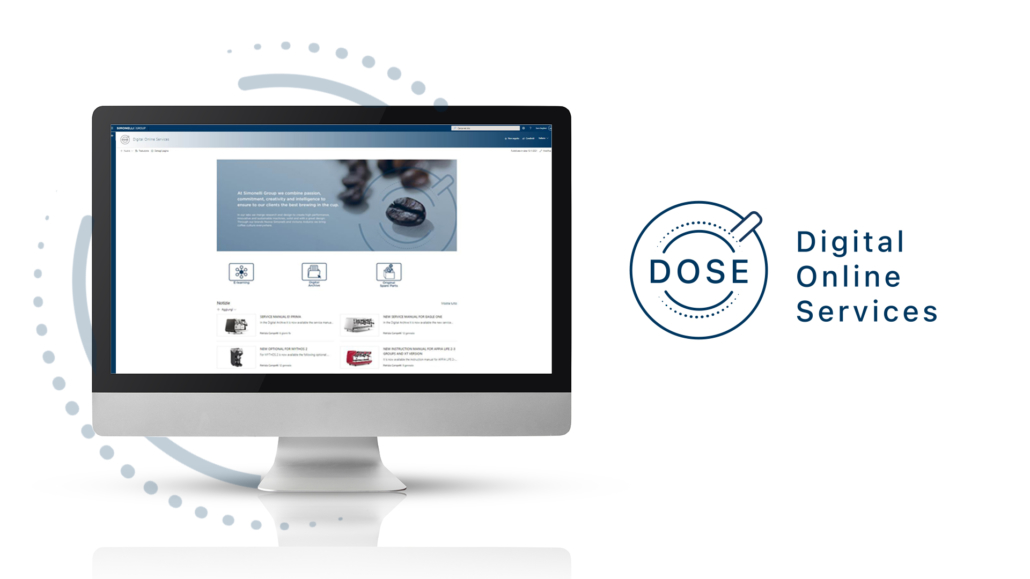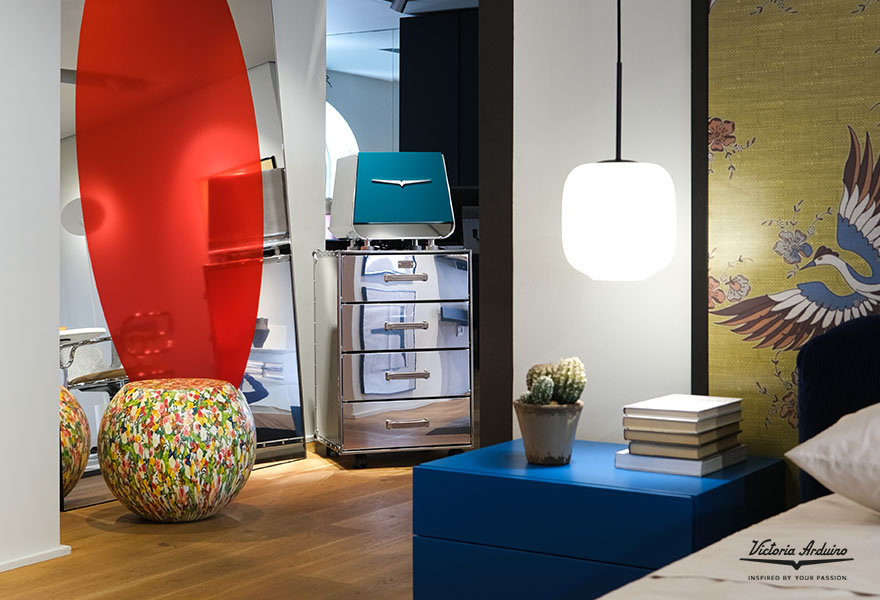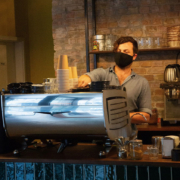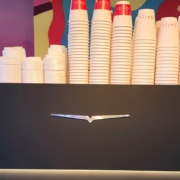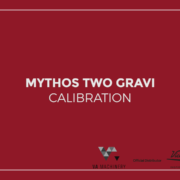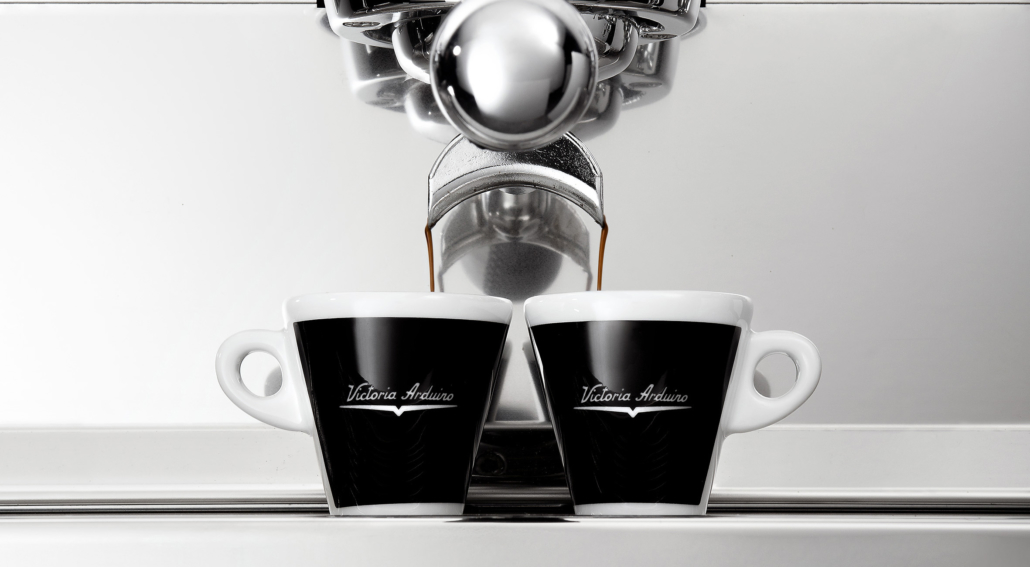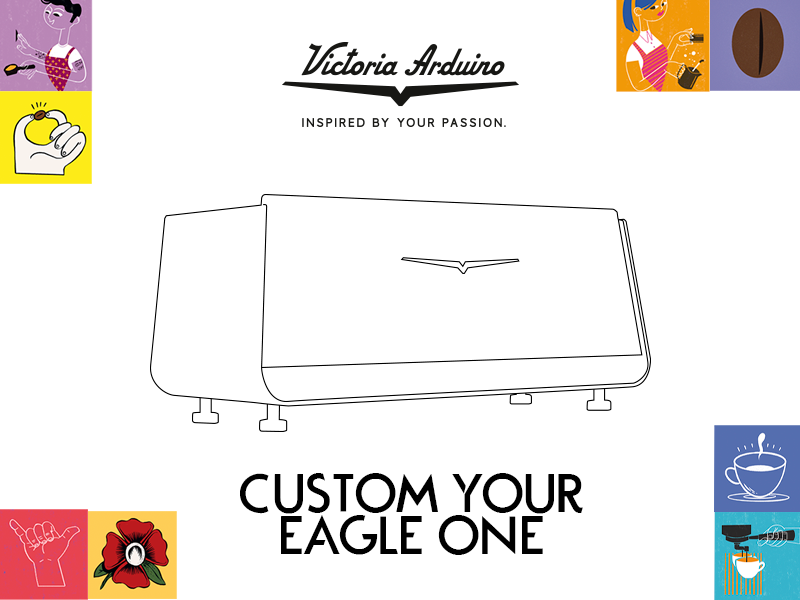NASCE VICTORIA ARDUINO AUSTRALIA
Simonelli Group rafforza la presenza del marchio Victoria Arduino con un accordo con Suntory Coffee Australia
Simonelli Group rafforza la sua presenza sul mercato australiano annunciando il lancio di Victoria Arduino Australia. Fondata in collaborazione con Suntory Coffee, questa nuova entità ha l’obiettivo specifico di rafforzare la presenza e la notorietà del marchio Victoria Arduino in tutta l’Australia dalla sua sede principale di Melbourne.
L’Australia, infatti, è un paese trendsetter, fucina di nuove tendenze del movimento dello specialty coffee e punto di riferimento per l’espresso per tutta l’Asia e il Medio Oriente. Un Paese in grado di attrarre attrezzature all’avanguardia e marchi di caffè leader.
Simonelli Group e Suntory Coffee Australia, gruppo internazionale da anni specializzato sul caffè, hanno così siglato un nuovo e importante accordo per il mercato australiano anche attraverso l’apertura del nuovo Experience Lab Victoria Arduino a Melbourne. Un risultato che testimonia la forza della partnership e delle persone direttamente coinvolte, poiché è stato sviluppato durante il periodo di lockdown di Melbourne. L’Experience Lab promette di essere ancora più vicini alle esigenze dei coffee shop e ai nuovi trend di un settore in continua evoluzione.
“In un momento molto particolare di trasformazione globale, sociale e tecnologica, diventa ancor più importante essere vicino ai mercati strategici per assorbire rapidamente i venti del cambiamento e mettere a disposizione dei baristi e delle catene specialty soluzioni basate sull’avanguardia tecnologica e sul nostro consolidato knowledge nel mondo del caffè, sviluppato in tanti anni di ricerca scientifica e di collaborazioni con le principali community di riferimento, quali ad esempio lo SCA e il WBC” – ha dichiarato Fabio Ceccarani, CEO di Simonelli Group.
“Ciò consentirà a ciascuno dei nostri clienti di proporre esperienze in tazza personalizzate, ottimizzandone i costi di gestione. C’è quindi bisogno di un nuovo approccio al mercato, integrato con i nostri Partners storici, che faccia leva anche sulle tecnologie digitali come mezzo per valorizzare il rapporto con tutti gli stakeholders coinvolti.
Da queste considerazioni, pienamente condivise con il nostro Partner storico SUNTORY, leader indiscusso di mercato, che voglio qui pubblicamente ringraziare, nasce la Victoria Arduino Australia, la quale si avvarrà di una propria organizzazione dedicata in rapporto diretto con Simonelli Group, ma comunque integrata all’interno del Gruppo Suntory.”
Il lancio di Victoria Arduino Australia e del nuovo Experience Lab Victoria Arduino a Melbourne segna un grande investimento nel mercato australiano portando la più recente e avanzata tecnologia direttamente nell’industria australiana dello specialty coffee. Dean Divehall, CEO Suntory Coffee ricorda “abbiamo creato insieme a Simonelli Group un laboratorio all’avanguardia dove l’industria può esplorare le ultime innovazioni delle attrezzature per il caffè. Dopo aver affrontato le difficoltà legate al lancio di un nuovo business e alla costruzione di un nuovo sito durante il lockdown di Melbourne, siamo entusiasti di offrire un vero laboratorio per l’industria del caffè e una piattaforma per il brand e l’innovazione”.

